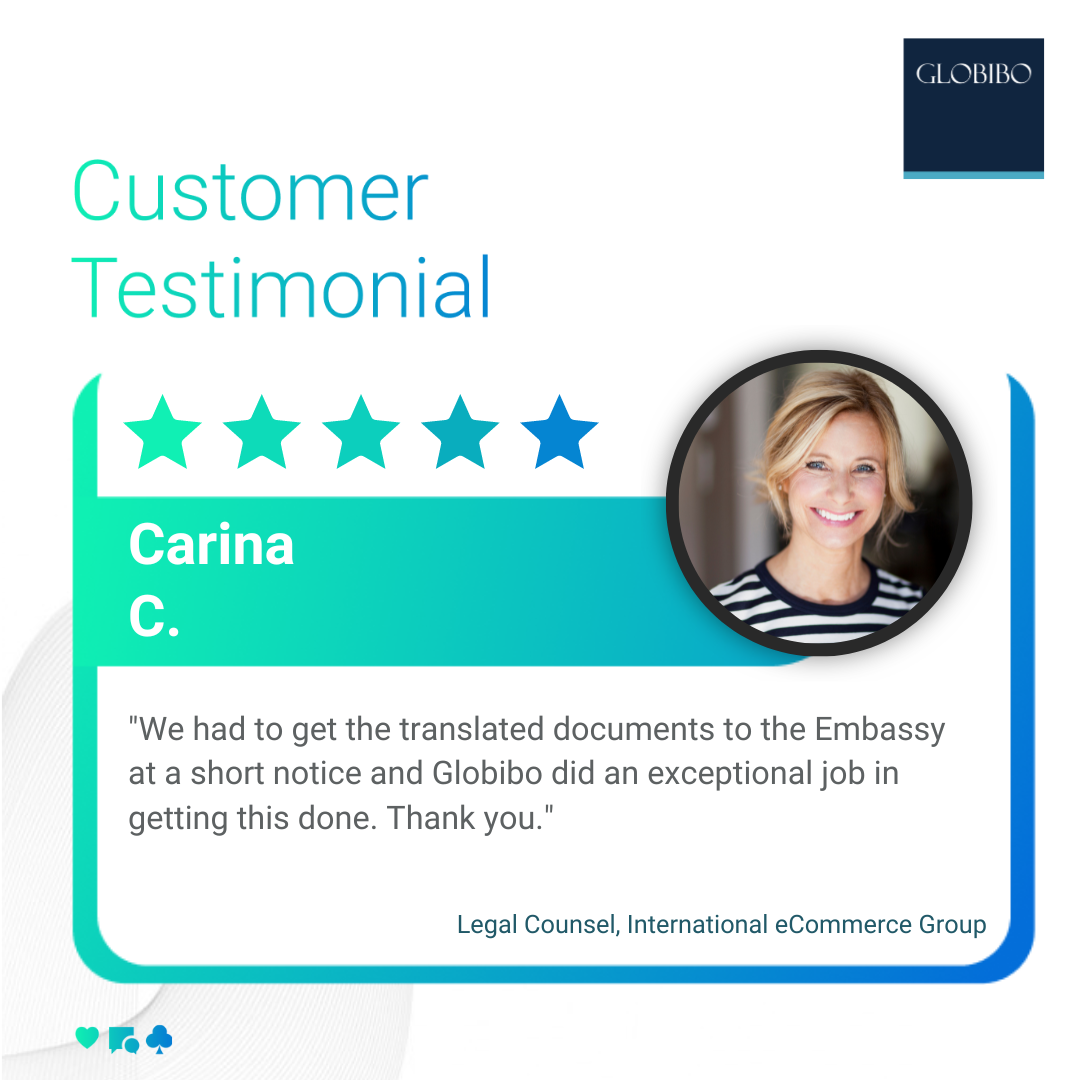Overview of Conference Interpretation Accreditations
Conference Interpretation Accreditations are important credentials that demonstrate an interpreter's proficiency and professionalism in the field. These accreditations are typically offered by professional associations, government agencies, or specialized training institutes.
At the core of these accreditations are language proficiency tests, education and conference interpretation training requirements, and practical experience. Interpreters who pass these rigorous tests and meet the other requirements can earn various accreditations, such as the Conference Interpreter Accreditation (CIA) from the International Association of Conference Interpreters (AIIC) or the Federal Court Interpreter Certification from the United States Courts.
Holding a conference interpretation accreditation can provide numerous benefits to interpreters, such as increased job opportunities, higher pay, and greater recognition in the industry. However, obtaining an accreditation can also be challenging, as it requires a significant investment of time, effort, and resources.
At Globibo, we offer professional conference interpretation services for a wide range of industries and languages. Our interpreters are highly skilled and experienced, and many hold prestigious conference interpretation accreditations from recognized organizations such as AIIC, ensuring that our clients receive the highest level of interpretation services available. To guarantee our ability to provide precise and efficient services for technical conference interpretation across a variety of industries.
Types of Conference Interpretation Accreditations
There are different types of conference interpretation accreditations, each with its own set of requirements and benefits. Here are some of the most common types:
- Association-Based Accreditations: Many professional associations offer accreditation programs for conference interpreters. One of the most well-known is the Conference Interpreter Accreditation (CIA) program offered by the International Association of Conference Interpreters (AIIC). Other associations that offer similar accreditations include the International Federation of Translators (FIT) and the European Union of Associations of Translation Companies (EUATC).
- Government-Based Accreditations: Some countries have government agencies that offer conference interpretation accreditations for interpreters who work in legal, medical, or diplomatic settings. For example, the United States Courts offer the Federal Court Interpreter Certification, which is required for interpreters who work in federal courts.
- Institution-Based Accreditations: Certain institutions, such as universities or specialized training centers, may offer conference interpretation accreditations for interpreters who complete their programs. For example, the Middlebury Institute of International Studies at Monterey offers a Master of Conference Interpretation (MCI) degree that includes an accreditation component.
- Language-Specific Accreditations: Some conference interpretation accreditations are specific to certain languages or language combinations. For example, the Korean Association of Translation Studies (KATS) offers accreditation for interpreters who work in Korean and English.
- Hybrid Accreditations: Some accreditations may combine elements from multiple types of programs. For example, the American Translators Association (ATA) offers a certification program for conference interpreters that includes both a language proficiency exam and a practical exam.
Interpreters should research the various accreditations for conference interpretation that are offered in order to choose the one that best matches their professional goals and linguistic capabilities. You can also get help overcoming language barriers in medical conference interpretation from Gloibibo.
Requirements for Conference Interpretation Accreditations
Depending on the accrediting body and the kind of accreditation desired, different accreditation requirements apply to conference interpretation. However, the following are some typical needs that interpreters may have to fulfill:
- Language Proficiency: Interpreters seeking conference interpretation accreditations must typically demonstrate a high level of proficiency in the languages they interpret. This may involve taking language proficiency tests, such as the Interagency Language Roundtable (ILR) or the Common European Framework of Reference for Languages (CEFR) exams, to assess their reading, writing, listening, and speaking abilities.
- Education and Training: Many accreditation programs require interpreters to complete a certain level of education and conference interpretation training. This may include a degree or diploma program in interpretation, the completion of specialized courses or workshops, or practical experience in interpreting settings.
- Practical Experience: Interpreters may need to demonstrate a certain amount of practical experience in conference interpretation before earning accreditation. This could include supervised internships, shadowing experienced interpreters, or working as a freelance interpreter.
- Ethical Standards: Many accrediting organizations require interpreters to adhere to a code of ethics that governs their conduct while interpreting. This may include maintaining confidentiality, avoiding conflicts of interest, and upholding professional standards.
- Continuing Education: Some accreditation programs require interpreters to engage in ongoing professional development and continuing education to maintain their accreditation status. This could include attending conferences, taking additional courses or workshops, or participating in professional development programs.
It is important for interpreters to carefully review the requirements for the accreditation program they are interested in pursuing and ensure that they have the necessary qualifications and experience before applying. While technical proficiency is essential, conference interpreters emotional health is equally important for them to perform their work effectively and avoid burnout.
Benefits of Conference Interpretation Accreditations
Accreditation in conference interpretation can have a variety of advantages for interpreters. Here are some of the main advantages:
- Increased Employment Opportunities: Employers and clients frequently favor accredited conference interpreters over unaccredited ones. This can lead to more job opportunities and a higher demand for their services.
- Higher Pay: Accredited interpreters may be able to command higher rates for their services due to their specialized skills and recognized credentials.
- Greater Recognition: Holding a conference interpretation accreditation can enhance an interpreter's professional reputation and recognition in the industry. This can lead to more referrals and networking opportunities.
- Improved Skills: Accreditation programs typically require interpreters to complete rigorous language proficiency and training requirements, which can help them improve their skills and stay up-to-date with the latest developments in the field.
- Access to Professional Networks: Accredited interpreters may have access to professional networks and associations, which can provide valuable resources, support, and opportunities for professional development.
- Increased Credibility: Accreditation demonstrates that an interpreter has met specific standards and requirements, which can increase their credibility with clients, colleagues, and employers.
In general, receiving conference interpretation services can assist interpreters in standing out in a competitive market, enhance their professional reputation, and open up new opportunities for growth and advancement in their careers.
Emerging Trends in Conference Interpretation Accreditations
There are several emerging trends in conference interpretation accreditation that are shaping the future of the industry. Here are some of the most notable trends:
- Technology Integration: With the growing use of technology in the interpretation industry, some accreditation programs are beginning to incorporate training on technology and remote interpreting platforms. This includes topics such as video remote interpreting (VRI), conference call interpretation, and the use of specialized software.
- Language Diversity: As globalization continues to expand, there is a growing need for interpreters who can work with a wide range of languages and language combinations. As a result, some accreditation programs are starting to offer accreditation for less common languages and dialects.
- Inclusion and Diversity: In recent years, there has been a greater emphasis on promoting diversity and inclusion in the interpretation industry. Some accreditation programs are starting to incorporate training on cultural competency and sensitivity to ensure that interpreters are prepared to work with diverse populations.
- Sustainability and Environmentalism: As the global focus shifts towards sustainability and environmentalism, some accreditation programs are starting to incorporate training on sustainable practices in interpretation. This includes topics such as reducing travel-related emissions through remote interpreting and using eco-friendly equipment.
- Continuous Learning and Professional Development: Many accreditation programs are beginning to emphasize the importance of continuous learning and professional development. This includes offering ongoing training opportunities and encouraging interpreters to stay up-to-date with the latest industry developments.
Overall, these emerging trends reflect the evolving needs of the interpretation industry and the growing importance of technology, diversity, and sustainability in the field. Interpreters who stay up-to-date with these trends and adapt their skills accordingly will be better equipped to succeed in a changing and dynamic industry.
FAQs
Q1. What is a conference interpretation accreditation?
Ans: A conference interpretation accreditation is a credential that recognizes an interpreter's proficiency in conference interpretation. Accreditation programs typically involve a rigorous evaluation of an interpreter's language proficiency, education, training, practical experience, and adherence to ethical standards.
Q2. What are the benefits of earning conference interpretation accreditation?
Ans: Earning a conference interpretation accreditation can provide numerous benefits, including increased job opportunities, higher pay, greater recognition, improved skills, access to professional networks, and increased credibility.
Q3. How do I apply for conference interpretation accreditation?
Ans: The application process for conference interpretation accreditation varies depending on the accrediting organization and the type of accreditation sought. Generally, applicants must provide proof of their language proficiency, education and training, practical experience, and adherence to ethical standards. Some accreditation programs also require an exam or other evaluation.
Q4. What are the most common accreditation organizations for conference interpretation?
Ans: There are several organizations that offer conference interpretation accreditations, including the International Association of Conference Interpreters (AIIC), the American Translators Association (ATA), the European Union (EU), and the United Nations (UN).
Q5. How long does it take to earn conference interpretation accreditation?
Ans: The time it takes to earn conference interpretation accreditation varies depending on the accrediting organization and the type of accreditation sought. Generally, it can take several months to several years to complete the necessary language proficiency tests, education and training requirements, practical experience, and evaluation.
Quick Contact
Australia: +61 28317 3495
China: +86 21 8024 6090
France: +33 6 1302 2599
Germany: +49 (030) 8093 5151
Hong Kong: +852 5801 9962
India: +91 (11) 7127 9949
Malaysia: +603 9212 4206
Philippines: +63 28548 8254
Singapore: +65 6336 9002
Spain: +34 675 225 364
Vietnam: +84 985 611 322
UK: +44 (20) 3468 1833
US: +1 (718) 713 8593
Certification

ISO 27001 - Information Security Management System - Certificate #: CCL/ISMS/70818/GIPL

ISO 9001 - Quality Management System - Certificate #: CCL/QMS/70818/GIPL
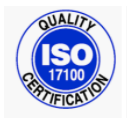
ISO 17100 - Quality Translation Services Management System - Certificate #: CCL/QMS/70821/GIPL
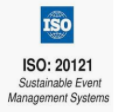
ISO 20121 - Event Sustainability Management System - Certificate #: CCL/QMS/70822/GIP
Testimonials
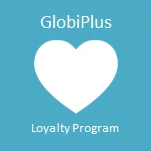
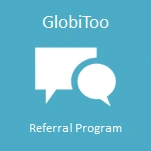
Globibo News

Globibo Panda Run
Join 28th of March, in Singapore 8.15pm Marina Bay Sands...

Globibo Hong Kong
A new milestone was hit in September 2012 with our own office in Hong Kong.

Corporate Training Website
Our Our Globibo Corporate Training Website is finally online.

Happy New Year
Happy New Year 2013. May it bless all of us with loads of joy & success.

Language-school.sg
Our new Web site dedicated to Language Courses in Singapore goes...



